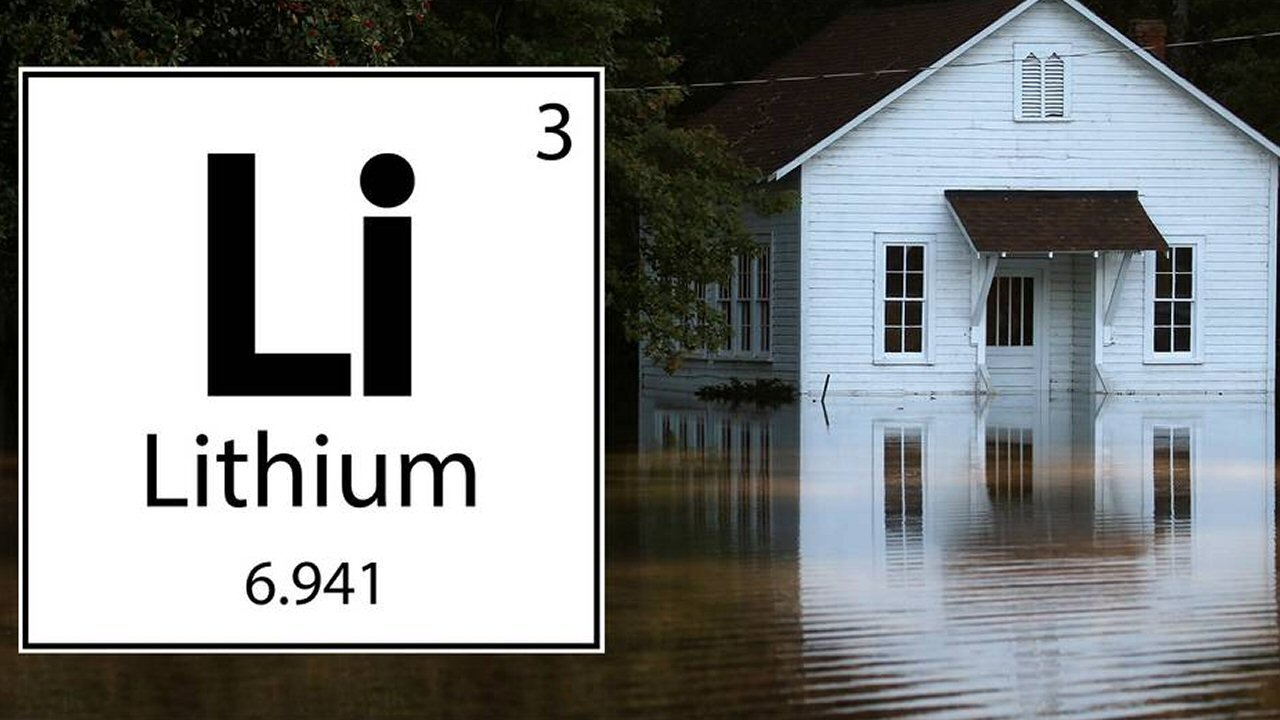Premium Only Content

The Perils of Weather Manipulation
Imagine a world where the weather is no longer a force of nature but a tool of governance, where rain, sun, and storm are orchestrated not by the whims of nature but by the strategic calculations of government agencies. This scenario, which is not speculative but a stark reality now, invites a vehement critique against the very notion of weather manipulation by any government, including the U.S.
...
The Ethical Abyss
...
First and foremost, weather manipulation represents an ethical quagmire. Weather systems are global, affecting countless lives beyond political borders. Who then gives any government the moral authority to alter weather patterns? This capability allows for an unprecedented level of control over not just the environment but over the sovereignty of other nations. It's an overreach that is actively being weaponized, turning weather into warfare by other means.
...
Detrimental Impacts on Citizens:
...
Agricultural Chaos: Agriculture depends on natural weather cycles. Manipulating these could lead to unexpected droughts or floods, destroying crops, destabilizing food prices, and causing economic hardship for farmers and consumers alike. The unpredictability could lead to food insecurity, hitting the poorest the hardest.
...
Health and Environmental Degradation: The introduction of chemicals or particles for weather manipulation, like silver iodide in cloud seeding, could have long-term environmental repercussions that we currently may not be aware of. These substances could contaminate water supplies and soil, leading to health issues among populations, not to mention the ecological damage to wildlife and plant life.
...
Loss of Natural Predictability: Weather manipulation would make natural weather forecasting obsolete, or at least highly unreliable. This unpredictability could increase the incidence of natural disasters because traditional signs and predictions would no longer hold true, endangering lives and property.
...
Economic Disparity and Control: The ability to control weather could lead to economic advantages for regions favored by the government, exacerbating inequality. Wealthy areas could enjoy perfect weather while the less fortunate face the brunt of manipulated inclement conditions, further dividing society.
...
Erosion of Public Trust: If it becomes known that the government controls the weather, the public's trust would be shattered. People expect natural events to be beyond human control; realizing they're subject to political or military whims could lead to significant civil unrest or a dystopian acceptance of a controlled environment.
...
Unintended Global Consequences: Weather systems are interconnected. Altering weather in one region could have catastrophic ripple effects globally, potentially leading to climate chaos. What might save one area from drought could plunge another into famine or flood.
...
Legal and Insurance Nightmares: Property, health, and life insurance are predicated on acts of nature. Weather manipulation would blur the lines of liability, leading to legal battles over who's responsible when manipulated weather causes damage or loss of life.
...
The idea of manipulating weather opens Pandora's box of ethical, environmental, and social issues. For ordinary citizens, this could mean living under a regime where even the skies are not neutral but part of a broader control mechanism. The natural unpredictability of weather is part of Earth's charm and challenge; turning it into another controlled system might seem to offer short-term benefits but at a cost that undermines our freedom, health, and the very essence of our coexistence with nature. Thus, any government's venture into weather manipulation should be met with fierce opposition by the public, not just for what it represents today, but for the uncontrollable future it might unleash.
-
 5:20
5:20
FreedomMovement
16 days agoNGOs are Attacking America
286 -
 4:30:12
4:30:12
Alex Zedra
10 hours agoLIVE! Playing Call of Duty :D
115K13 -
 5:45:36
5:45:36
Film Threat
1 day agoLIVE OSCARS 2025 WATCH PARTY | 97th Academy Awards | Join the Chat!
99.9K10 -
 6:51:13
6:51:13
Akademiks
12 hours agoDay 2/30. Nipsey Hussle Brother Standing on Bizniz? Offset and Cardi Calls it Quits. 50 v Jim Jones?
141K6 -
 5:24:38
5:24:38
EricJohnPizzaArtist
12 hours agoAwesome Sauce PIZZA ART LIVE Ep. #37: Chaos in Roswell!
76.7K7 -
 2:11:29
2:11:29
vivafrei
22 hours agoEp. 253: Zelensky Dress-Down and Geopolitical Fallout! D.C. Court Rules AGAINST Trump Firing & MORE!
227K342 -
 2:13:14
2:13:14
Nerdrotic
15 hours ago $12.07 earnedMegalithomania! with Hugh Newman and Andrew Collins | Forbidden Frontier #092
104K11 -
 38:41
38:41
Sarah Westall
17 hours agoHealth Freedom Under Attack, Dr Robert Young Found Guilty on Suspicious Victimless Crime, Matt Hazen
115K11 -
 LIVE
LIVE
Vigilant News Network
15 hours agoDataRepublican Exposes the Shadow Government’s Darkest Secrets - Exclusive Interview | Media Blackout
1,683 watching -
 31:39
31:39
Peter Santenello
1 year agoStories From Vegas' Golden Era 🇺🇸
108K24